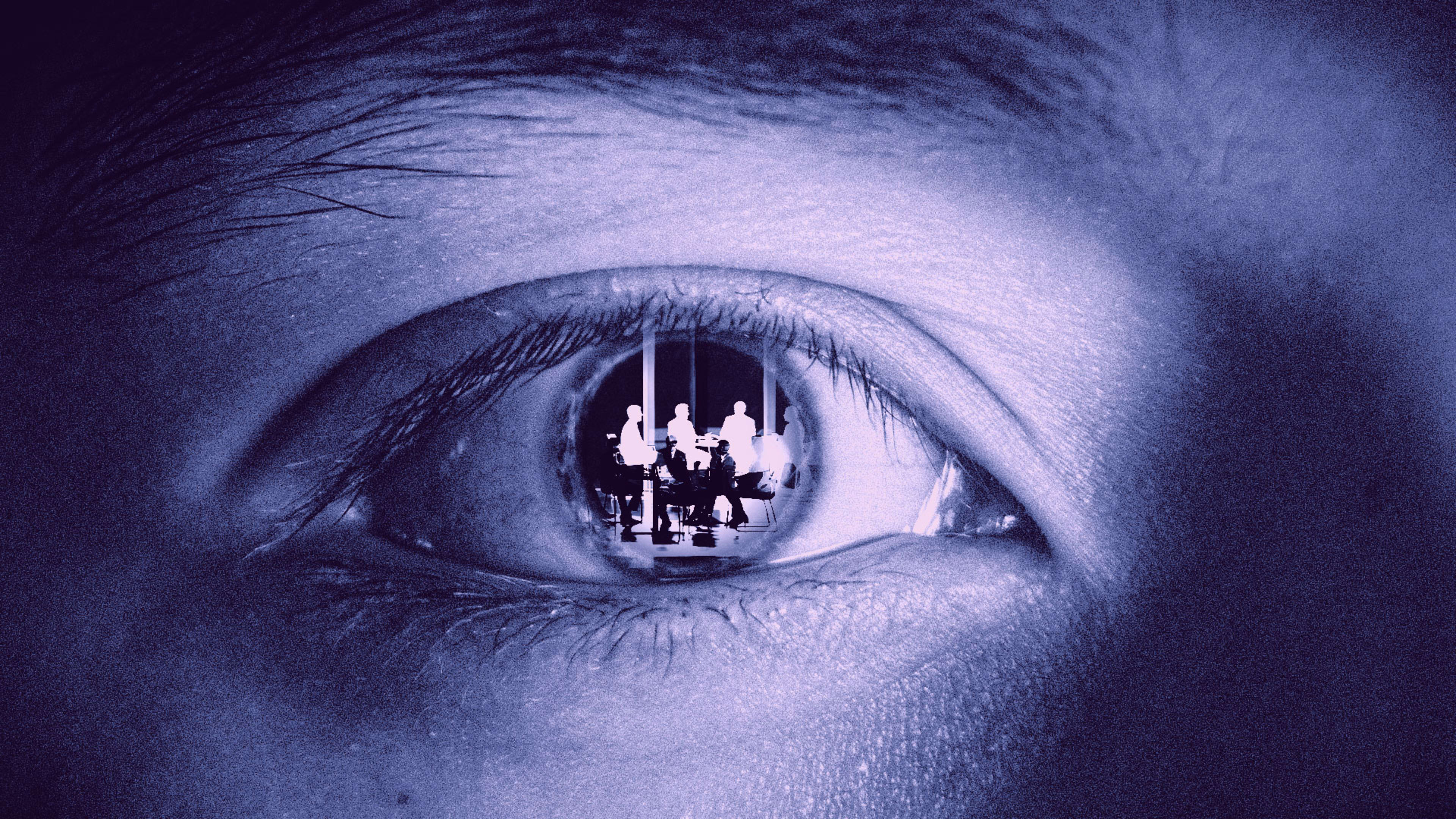If Zoom meetings leave you feeling like something is missing, know that you’re not alone. According to a new study by researchers at Yale and University College London, staring at someone’s face on a computer screen results in lower levels of brain activity and social arousal than meeting them in person.
The study, published in the journal Imaging Neuroscience, involved pairs of participants who sat either across a table facing each other, or who looked at each other on Zoom. Researchers measured their eye movements, pupil size, electrical activity in the brain, and brain blood flow. They found, for one thing, that people spent more time looking at each other when they were in person than on screens.
On average, pupil diameter—which is associated with emotional arousal—was larger when the participants were in person. Similarly, the researchers found higher levels of activity in the parts of the brain responsible for visual perception when participants were in person. The researchers suggested that we might have different neuro-processing pathways for live interactions versus virtual ones, and that we may not be able to detect facial micro-movements as well when we are virtual.
“We now have a wealth of information” demonstrating that video and real-life interactions are meaningfully different for human brains, Joy Hirsch, senior author of the new study and a neuroscientist at the Yale University School of Medicine, told Scientific American. “The context of live social interactions matters perhaps more than we thought.”
Recognize your brand’s excellence by applying to this year’s Brands That Matter Awards before the final deadline, June 7.
Sign up for Brands That Matter notifications here.
